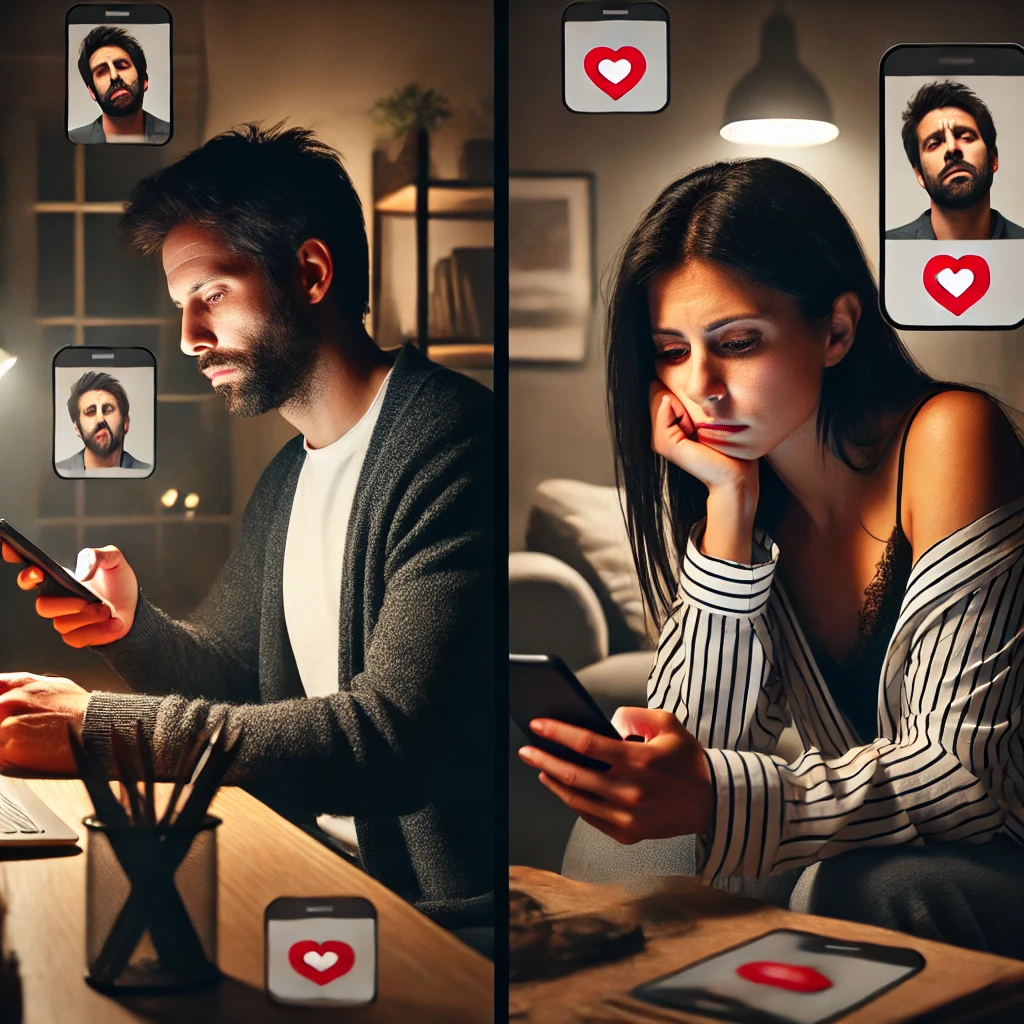What if a silent partner could spot your struggles before even your closest friends could? Imagine an invisible helper who listens to every word, every pause, and every sigh, then quietly nudges you—or your therapist—toward the right path. This isn’t science fiction anymore. Artificial Intelligence is reshaping how we think about, approach, and treat mental health, and the changes are nothing short of astonishing.
Early Detection & Diagnosis
AI isn’t just about robots and smart speakers—it’s becoming a lifesaver in early mental health detection. These algorithms quietly analyze massive amounts of data, from your social media posts to the subtle changes in your speech. If you start posting more negative messages or withdrawing from online circles, AI might flag this as a sign of depression or anxiety, long before anyone else notices. This means people can get help before things spiral. Imagine your phone gently suggesting you check in with a therapist just because it noticed you’ve been unusually quiet or sad. The hope is that this early warning system could drastically reduce the number of people who reach a crisis point. For families and friends, it’s like having a digital guardian angel keeping watch.
Personalized Therapy & Support
AI isn’t interested in one-size-fits-all solutions. Instead, it digs deep to understand what makes you, well, you. With data analytics, AI examines your unique needs and suggests tailored treatment plans. Someone who struggles with panic attacks might get a different set of coping strategies than someone battling chronic sadness. AI-powered chatbots are always available, offering support no matter the time or day, and they remember your preferences. This means therapy can be as unique as a fingerprint, adapting in real time. And since the advice comes instantly, there’s no more waiting for your next appointment to get help. It’s like having a pocket-sized therapist ready whenever you need.
Enhancing Human Therapists’ Work

Some people worry that AI will replace therapists, but the reality is much more collaborative. AI steps in to handle the tedious stuff—analyzing notes, tracking progress, and spotting trends that humans might miss. This frees up therapists to focus on what they do best: connecting with people on a human level. Imagine a therapist who can pull up a visual chart of your mood swings over the past year or get instant reminders about what’s worked for you in the past. AI can even suggest new strategies based on the latest research, helping therapists stay sharp and up to date. It’s like having an extra brain, always working in the background.
Breaking Barriers to Access
For millions, getting help for mental health is tough—sometimes impossible. There might not be a therapist in their town, or maybe it’s just too expensive. AI is tearing down these barriers. Remote therapy platforms powered by AI offer support to anyone with an internet connection, making help accessible in the most rural or underserved places. The costs drop, and the stigma of walking into a therapist’s office disappears. You can get help from your living room, anonymously if you wish. This is a game changer for people who’ve always felt left out of the traditional health system.
Crisis Intervention & Suicide Prevention

Every second counts in a crisis, and AI is proving to be a powerful ally. By scanning texts, emails, or social media, AI can pick up the subtle cues that someone is in trouble—even before they say a word to another person. In some cases, AI can alert professionals or even emergency services if it detects warning signs of suicide or self-harm. Chatbots can step in instantly, offering a lifeline of support and practical strategies to someone in distress. This kind of real-time, round-the-clock help can mean the difference between life and death. The idea that a text message could trigger a life-saving intervention is both shocking and inspiring.
Ethical Considerations & Challenges
All this power comes with serious ethical questions. How do we make sure that AI isn’t biased or making mistakes that could hurt someone? The data used to train these systems might not represent everyone, so there’s a risk of leaving out marginalized groups or reinforcing old stereotypes. There’s also the question of consent—do people really know how their data is being used? And can an AI ever truly understand the depth of human pain or offer genuine empathy? These are tough questions that demand thoughtful answers as we move forward.
The Role of Data Privacy
Data privacy is at the heart of every conversation about AI and mental health. The information these systems use is deeply personal—sometimes more private than a diary. It’s crucial that organizations protect this data, anonymize it, and strictly control who can access it. Patients need to know exactly what’s happening with their information and feel confident that their secrets are safe. Without this trust, people might avoid using these new tools altogether. Clear rules, transparent communication, and tough security measures are the bedrock of responsible AI in mental health.
Future Trends in AI and Mental Health
AI is evolving at lightning speed, and mental health care is along for the ride. Soon, tools like virtual reality therapy, advanced voice analysis, and predictive analytics could become as common as a blood pressure cuff. Imagine putting on VR goggles and walking through a calming virtual forest as part of your therapy, or having an AI predict when you might need extra support based on your mood patterns. The future is packed with possibilities, but it will require constant teamwork between tech experts, clinicians, and policymakers to make sure things don’t go off the rails.
The Importance of Human Oversight
No matter how smart AI becomes, it can’t replace the warmth and intuition of a real person. Human therapists bring something irreplaceable to the table: empathy, understanding, and the ability to connect on a gut level. AI should be the helpful assistant, not the boss. Therapists still need to guide the process, interpret the data, and make the tough calls. Machines can crunch numbers, but only people can truly “get” other people.

